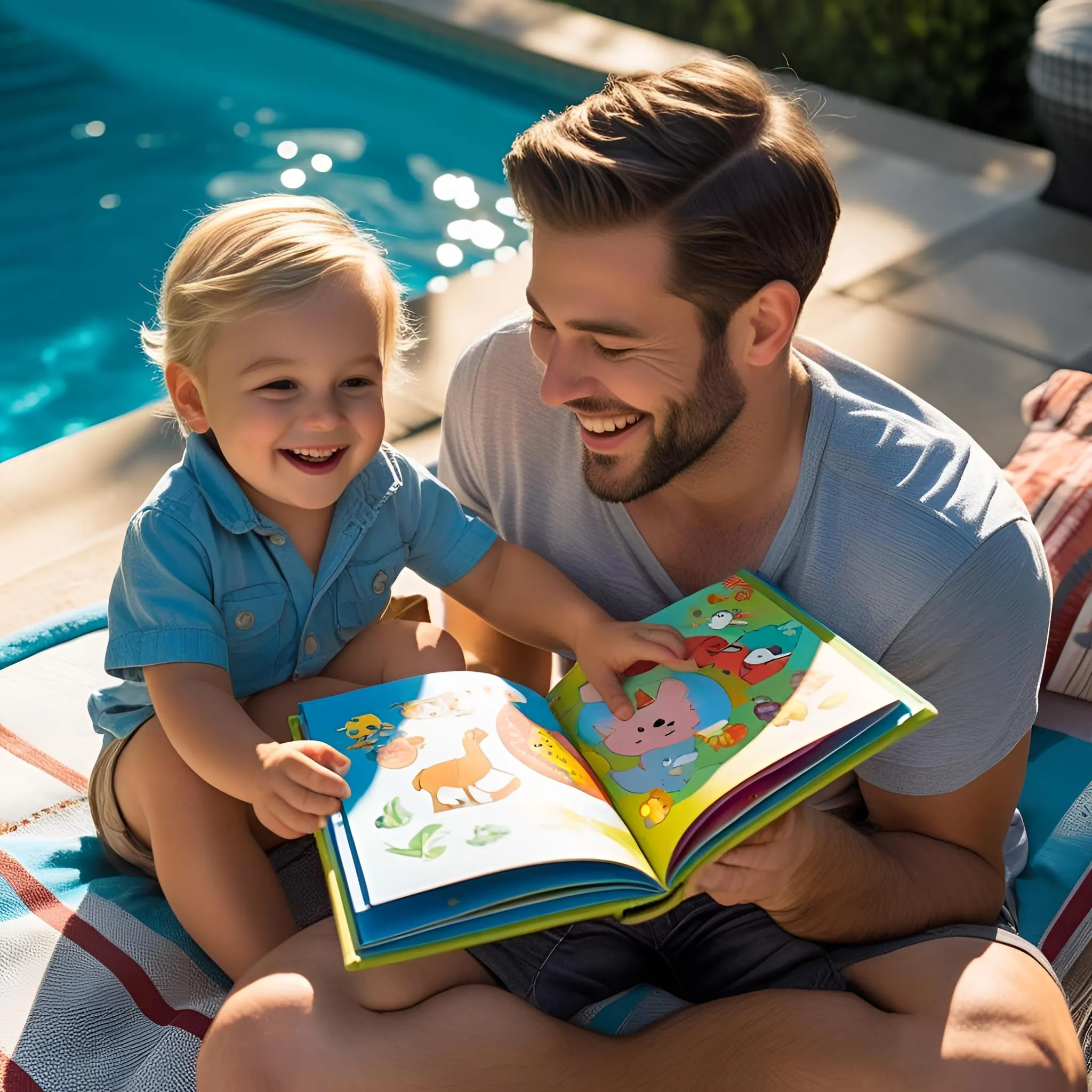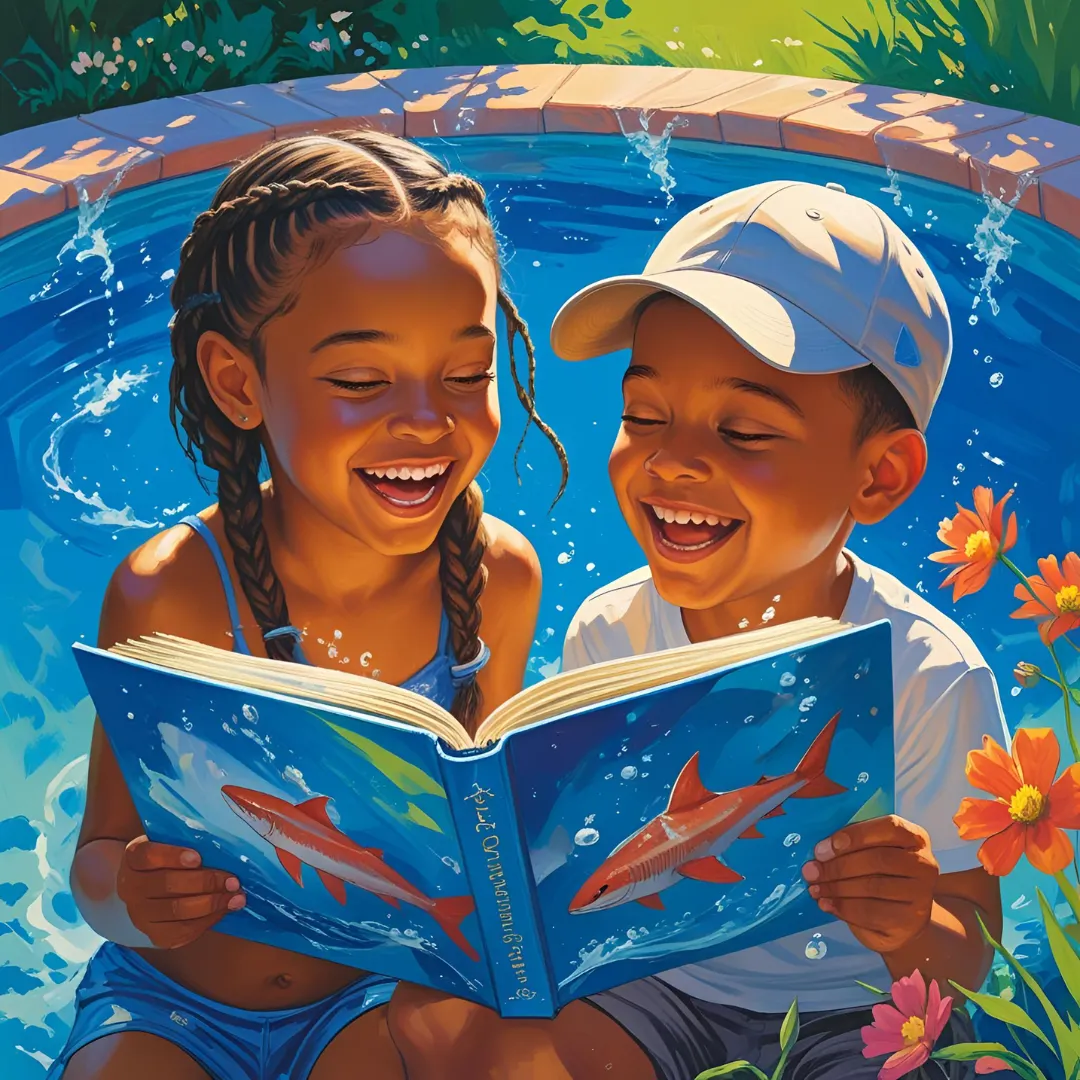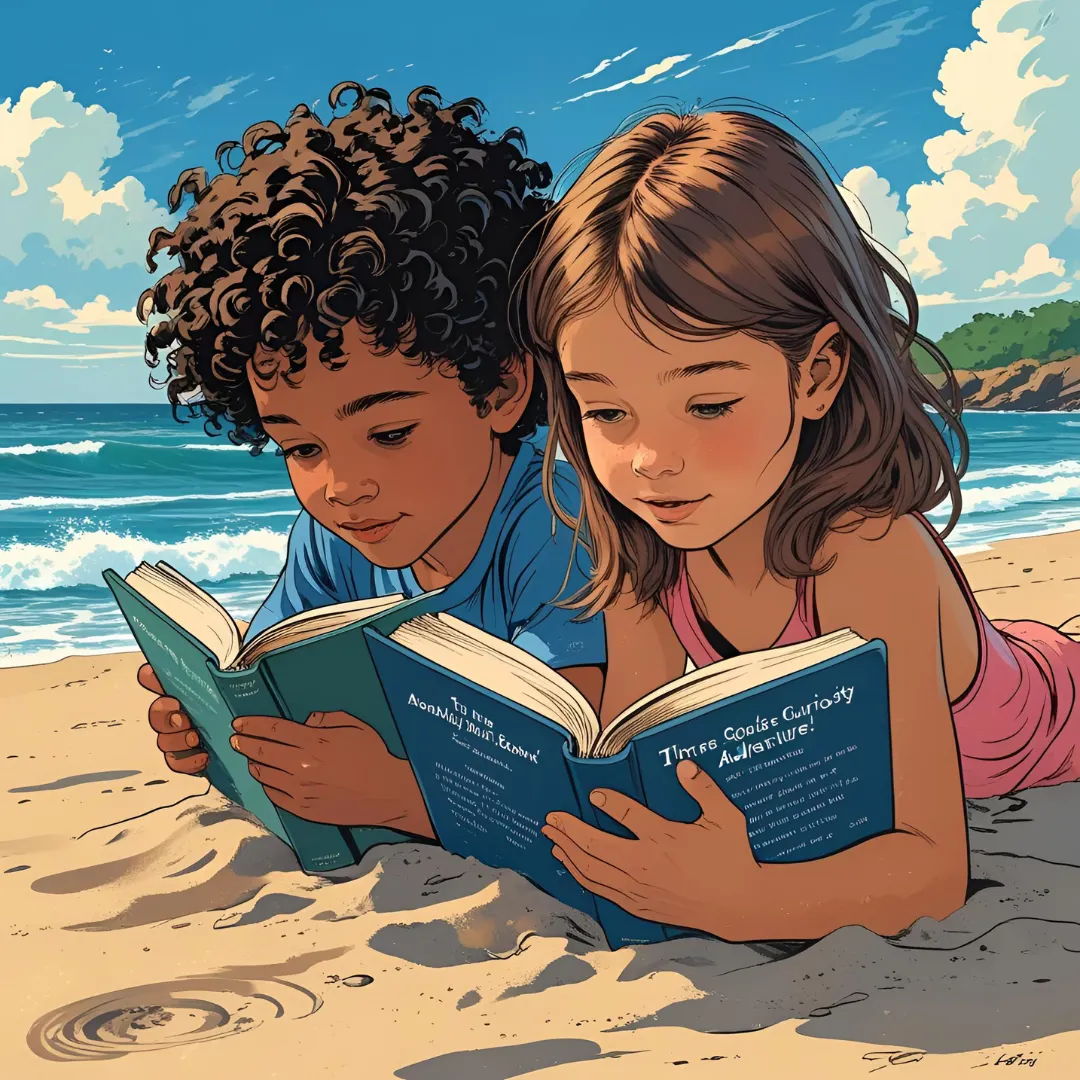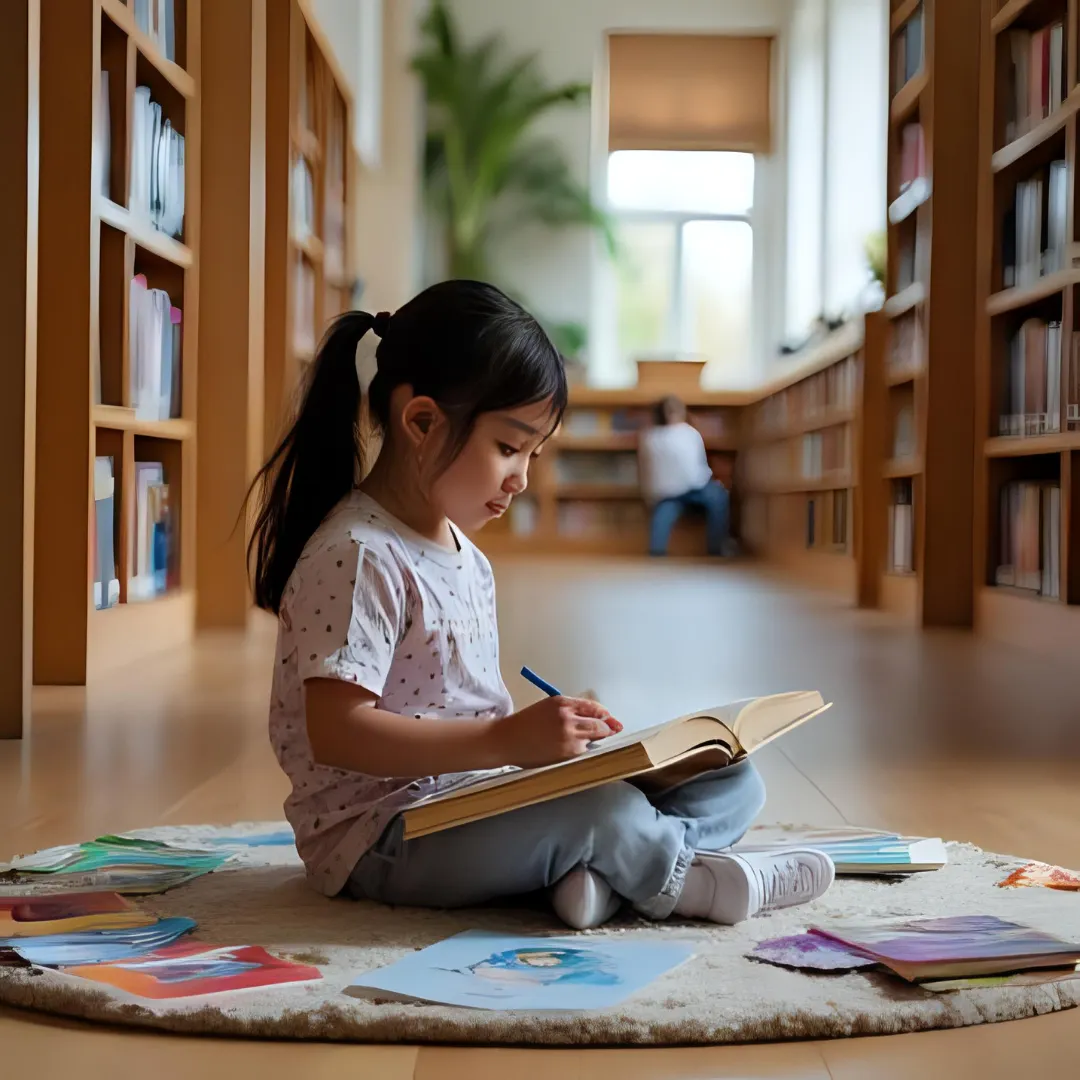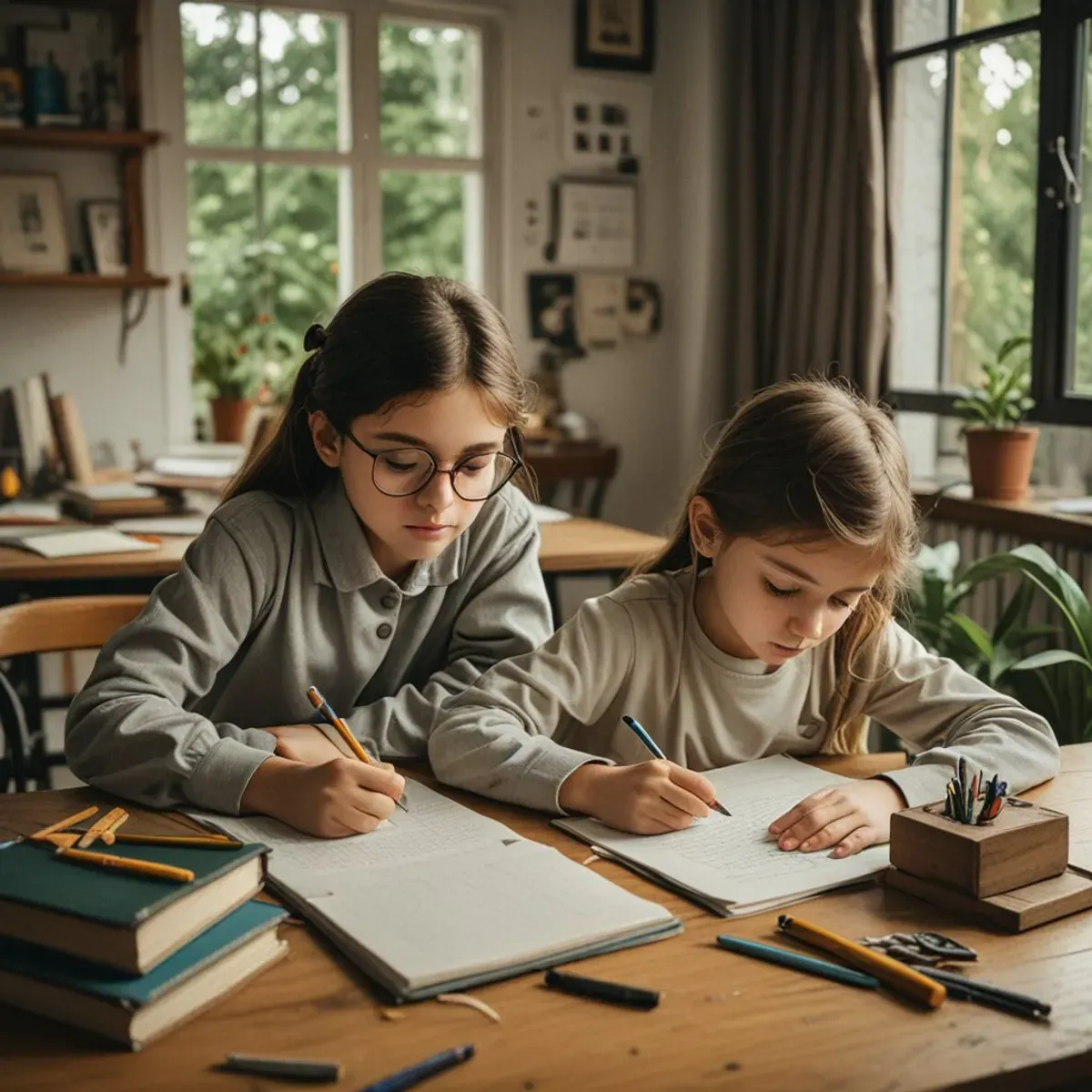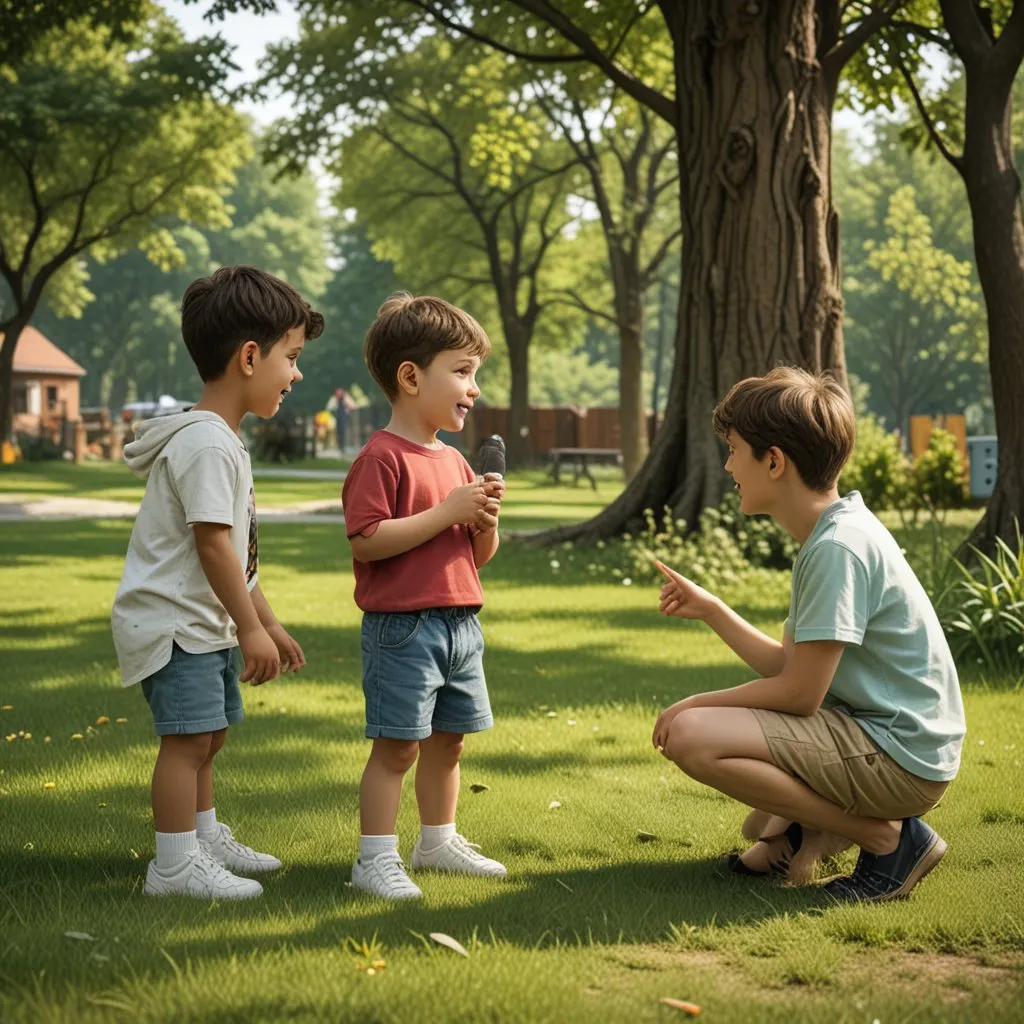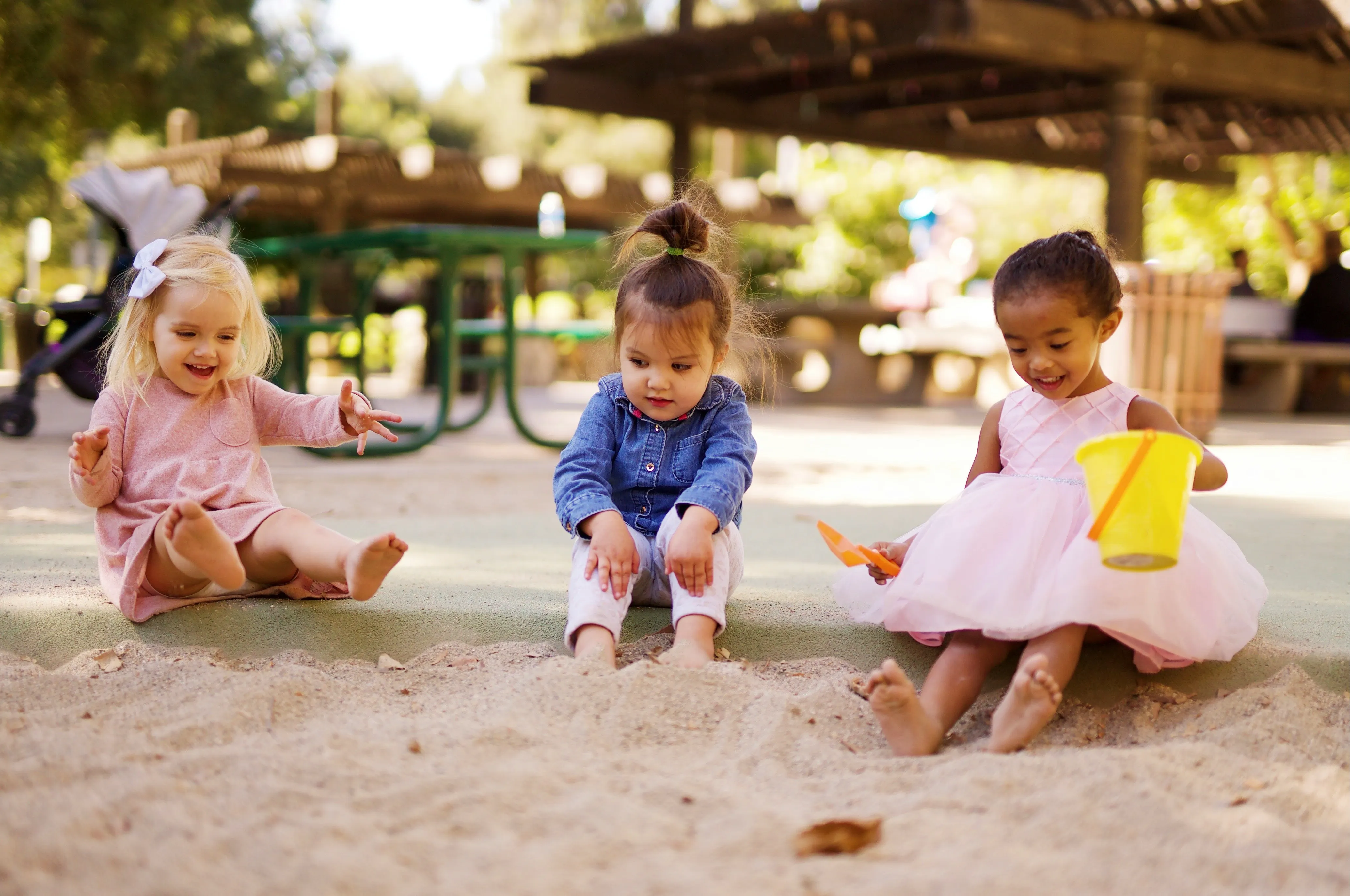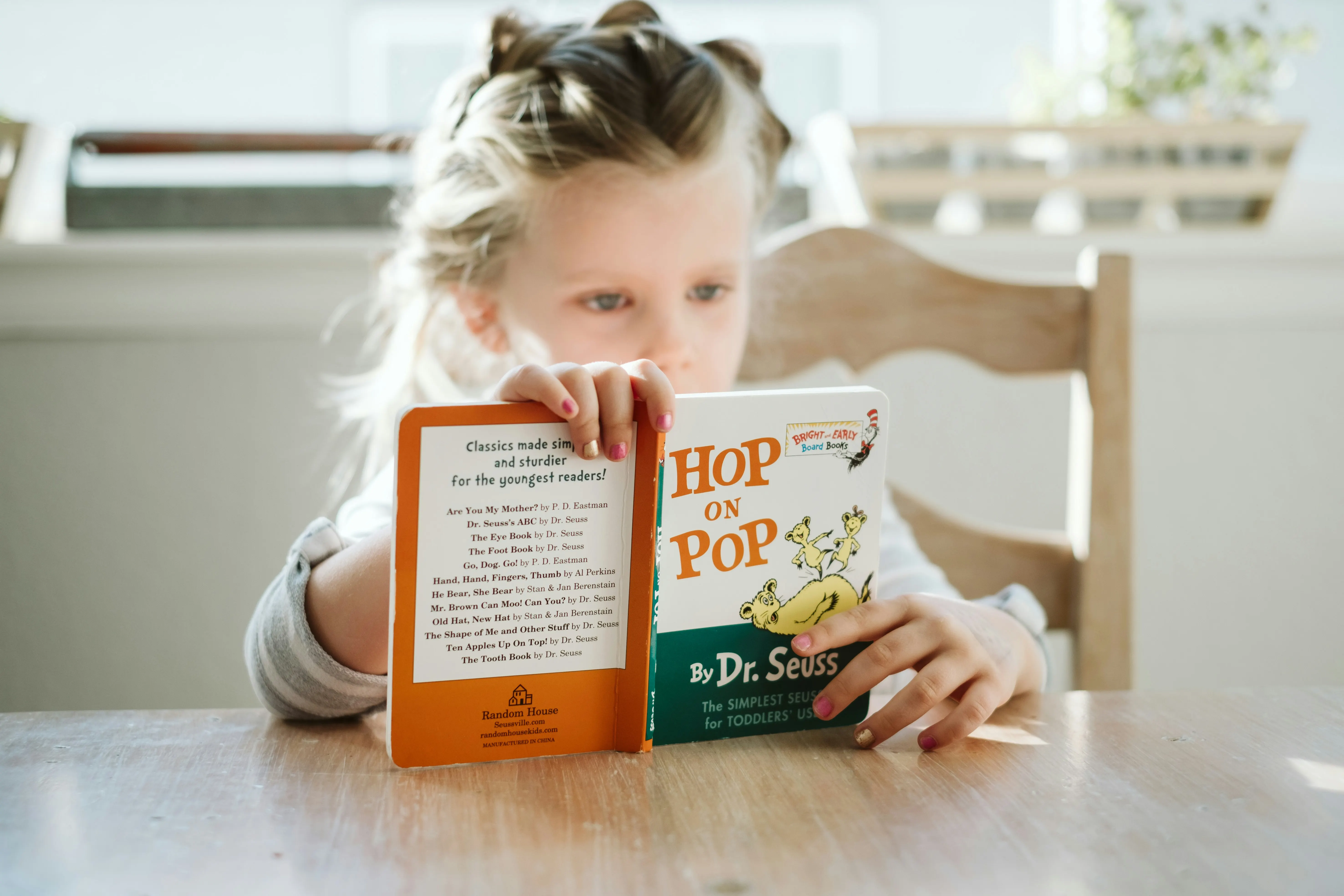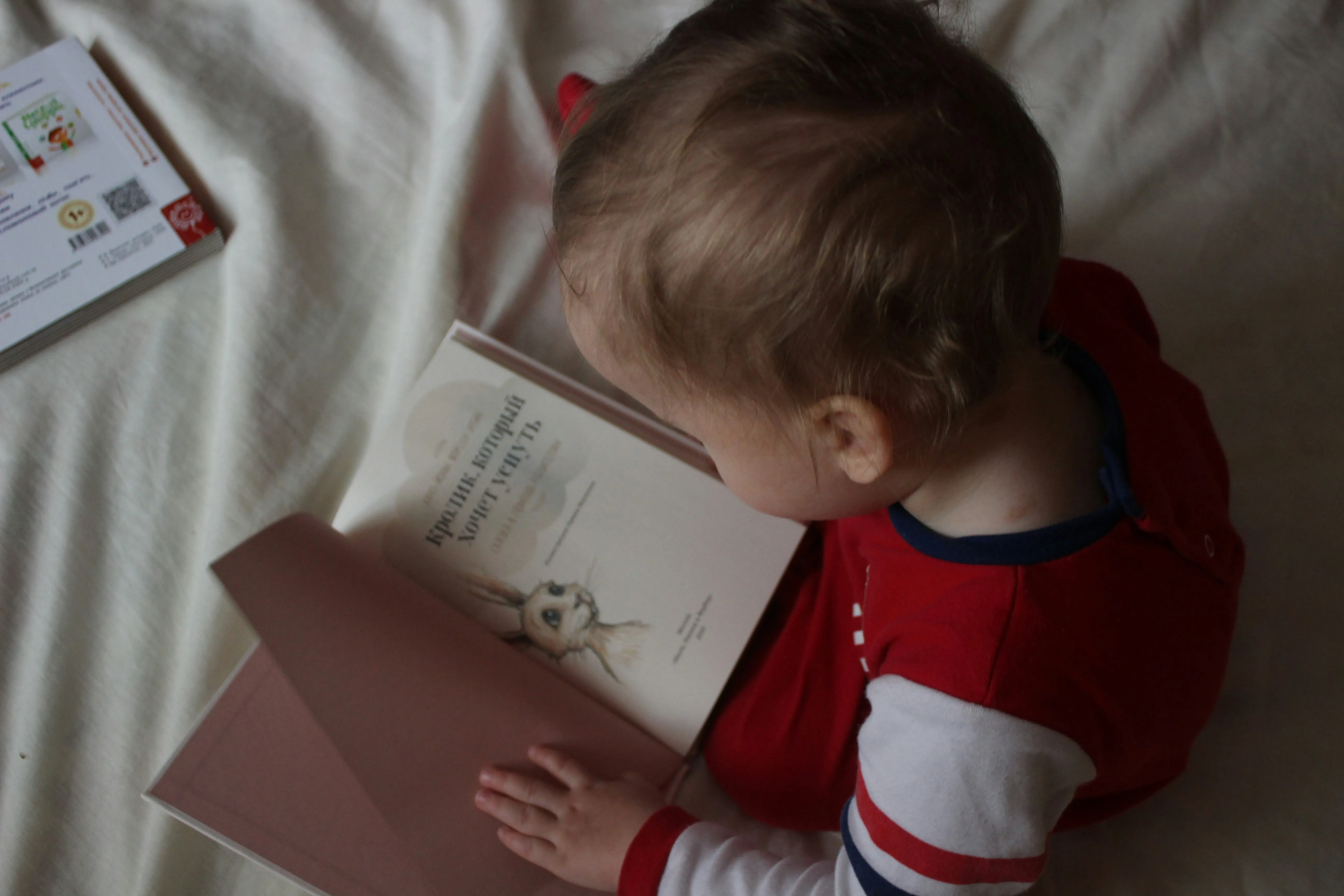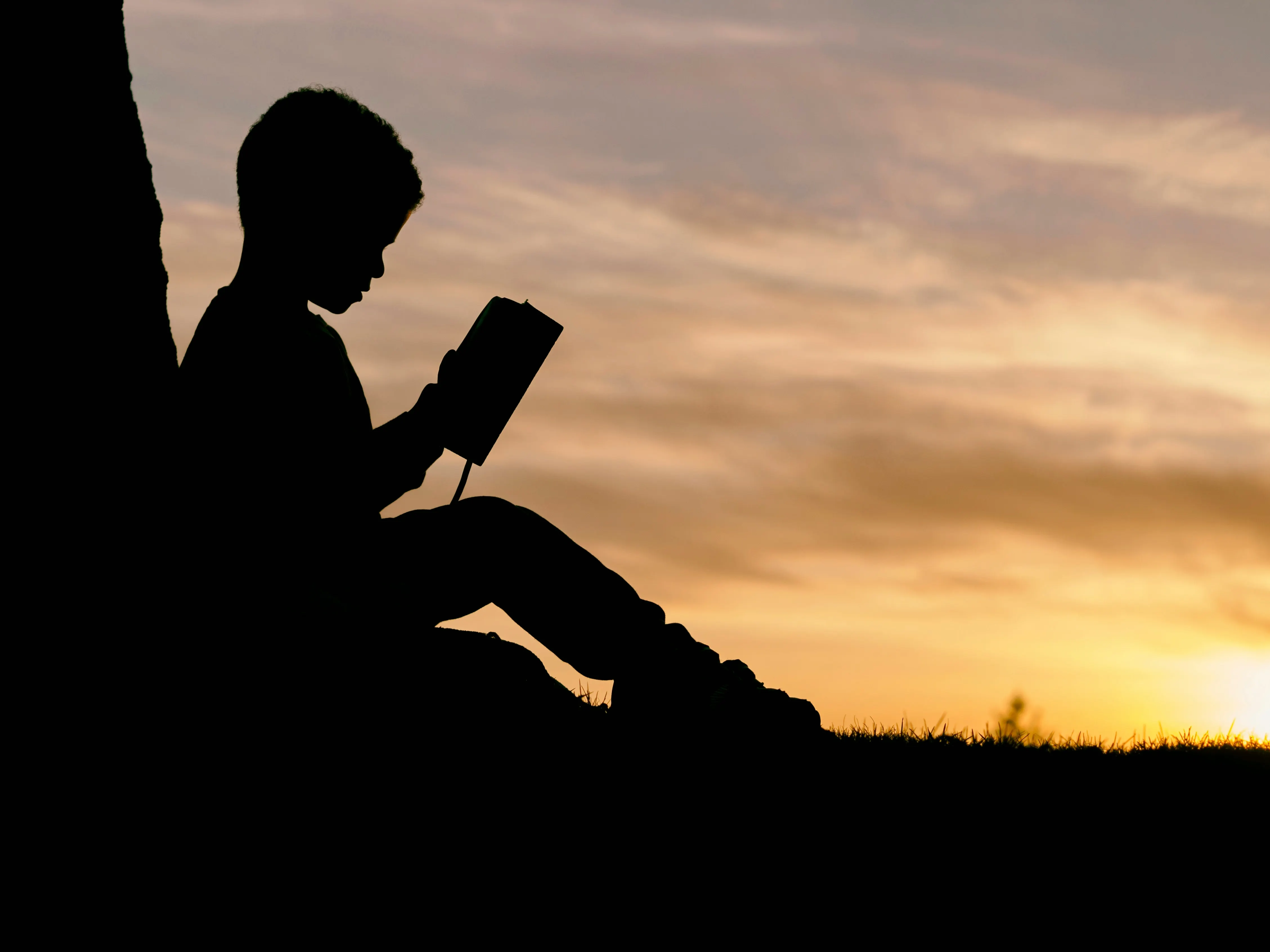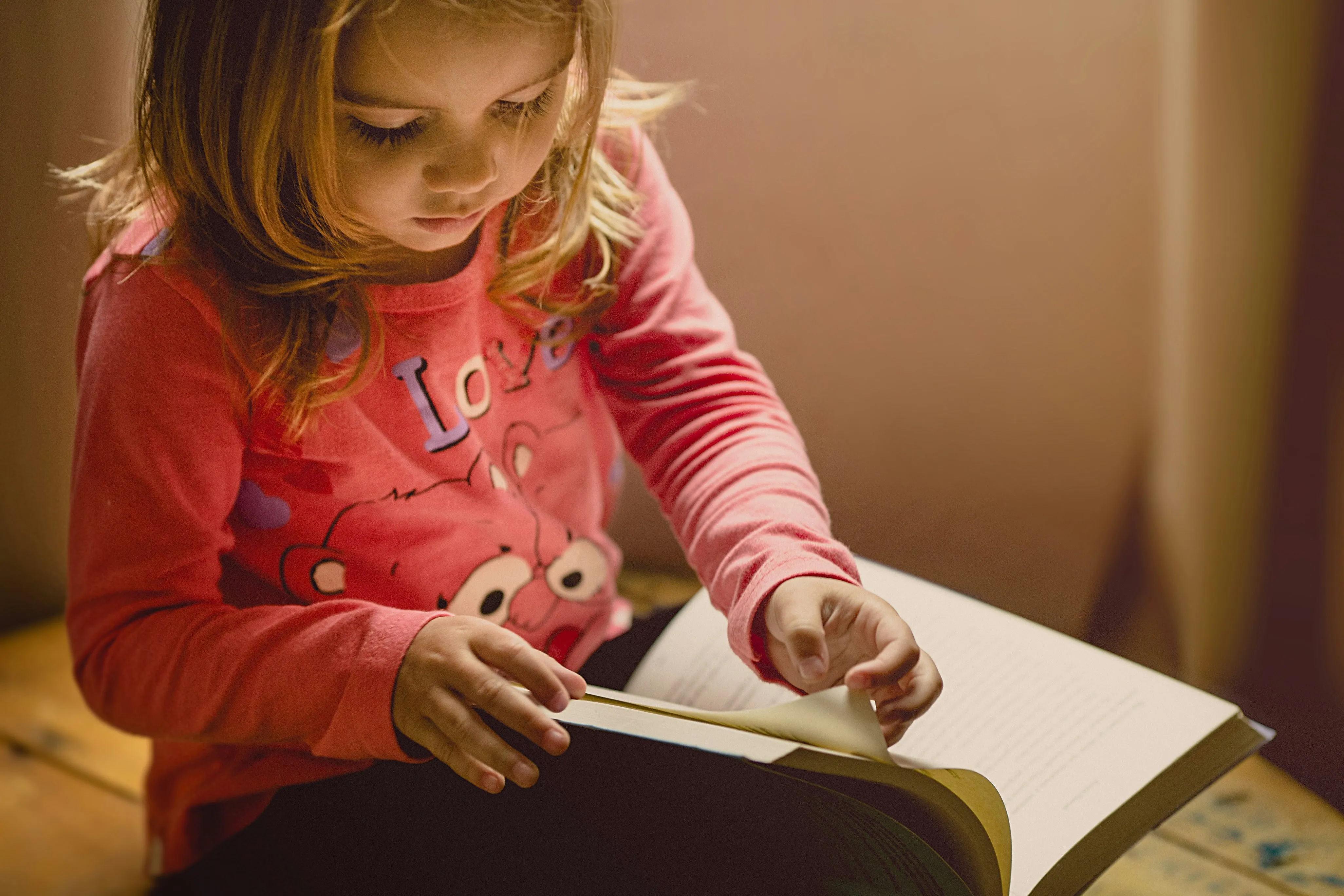Personalized Learning Paths for Success
Personalized Learning Paths for Success: Tailoring Education for Individual Achievement
In today's rapidly evolving world, traditional education systems are facing the challenge of meeting the diverse needs of every learner. The one-size-fits-all approach often fails to recognize individual competencies, learning styles, and personal success goals. As a result, many students feel disengaged, hindered by setbacks, and limited in their growth mindset. However, the introduction of personalized learning paths is changing the educational landscape, empowering learners to take control of their own journey towards success. By embracing the power of technology, such as Artificial Intelligence (AI), personalized learning paths are revolutionizing the way we educate our children, catering to their unique needs, and fostering a love for lifelong learning.

Understanding the Need for Personalized Learning Paths
To truly understand the need for personalized learning paths, we must first recognize the limitations of traditional education systems. These systems were primarily designed to provide a standardized education to a large group of students, often neglecting individual competencies, setbacks, and learning styles. This approach can leave many learners feeling left behind or disengaged, hampering their personal success. Personalized learning paths, on the other hand, acknowledge the diverse needs of every learner, promoting a growth mindset and empowering students to define success on their own terms.
The Limitations of Traditional Education Systems
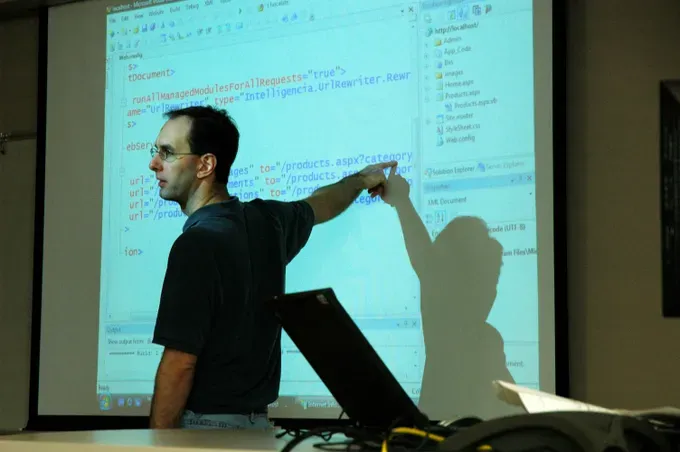
Traditional education systems often present limitations when it comes to addressing the diverse competencies of students. They operate on the assumption that all learners have the same level of understanding, which can lead to frustration for those who may be more advanced or fall behind. Moreover, setbacks and challenges faced by students are rarely acknowledged or addressed adequately, leaving these learners feeling discouraged and stuck.
Additionally, traditional education systems may adopt a one-size-fits-all approach, failing to adapt teaching methods based on individual learner needs. This can hinder personal success, as learners are not provided with the tools and resources that cater to their unique strengths and weaknesses. As a result, many students may feel disconnected from their education and struggle to reach their full potential.
Furthermore, traditional education systems may unintentionally limit the definition of success to a narrow, standardized perspective. This can discourage students who do not excel in traditional academic subjects, leading them to doubt their abilities and potential for personal success. Personalized learning paths, on the other hand, offer an alternative by recognizing individual competencies, setbacks, and growth opportunities, ensuring that every learner has the opportunity to thrive.
The Role of Personalization in Enhancing Learning

Personalization plays a crucial role in enhancing learning outcomes and promoting a growth mindset. By embracing personal learning paths, educators can create a learner-centered environment that supports each student's personal success journey. Personalized learning paths allow students to take ownership of their education, helping them develop a growth mindset that embraces challenges and sees setbacks as opportunities for growth.
Personalized learning paths also enable educators to recognize individual learner competencies and strengths. By tailoring instruction to meet the unique needs of each learner, educators can create a more engaging and effective learning experience. This individualized approach ensures that students receive targeted support and resources that align with their personal success goals, fostering intrinsic motivation and a sense of accomplishment.
Moreover, personalization cultivates a learner-centered environment, where students have the freedom to explore their passions and interests. By allowing students to define success on their own terms, personalized learning paths empower them to pursue personal growth, develop transferable skills, and make meaningful connections between their education and real-world experiences. In this personalized learning ecosystem, success is not limited to traditional academic achievements but extends to personal growth, well-being, and the development of essential skills for lifelong success.

The Power of AI in Crafting Personalized Children's Books

Artificial Intelligence (AI) is revolutionizing the field of personalized learning, particularly in the creation of personalized children's books. These innovative tools harness the power of AI to generate unique learning material that aligns with each learner's competencies, preferences, and personal success goals. By analyzing learner data, AI technology can craft customized stories, activities, and questions, catering to individual learning styles and interests. Personalized children's books not only enhance engagement and retention but also foster a love for personal learning, inspiring children to take an active role in their own educational journey.
How AI Creates Unique Learning Material
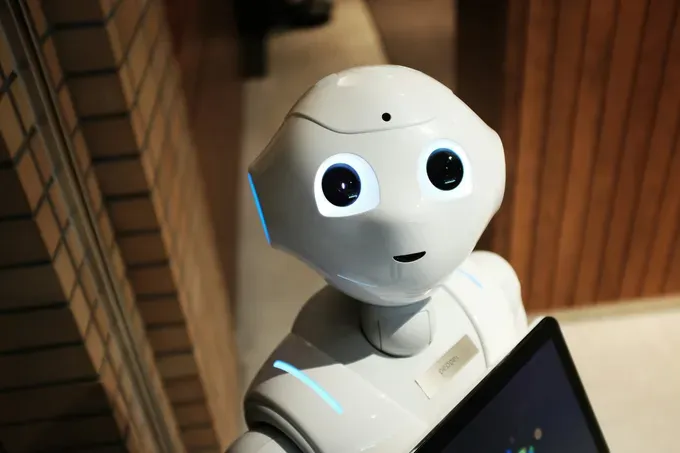
AI is paving the way for unique and customized learning experiences by leveraging learner data and creating tailored content. By analyzing data on a learner's competencies, AI technology can identify areas of strength and areas that need improvement, allowing for a highly personalized learning path. Through sophisticated algorithms, AI can generate learning material that adapts to individual learner needs, presenting information in a manner that is most effective for each learner.
Furthermore, AI can tap into a learner's interests and preferences, offering various engaging and interactive materials. This personalized approach not only enhances learner engagement but also encourages exploration, critical thinking, and problem-solving skills. By providing learners with content that is relevant, relatable, and stimulating, AI-powered learning material helps foster a growth mindset and continuous personal success.

Impact of Personalized Books on Childhood Learning
Personalized books have a profound impact on childhood learning, fostering a growth mindset and empowering children to define success on their own terms. By personalizing stories, characters, and illustrations, these books create an immersive and relatable learning experience for young readers. Personalized books encourage children to embrace setbacks as opportunities for growth, promoting resilience, and a mindset of continuous learning.
Moreover, personalized books contribute to a learner-centered environment, where children can recognize their competencies and pursue personal success. By showcasing diverse characters and perspectives, these books celebrate individuality, fostering a sense of belonging and self-confidence. Personalized books inspire children to think creatively, solve problems, and imagine new possibilities, providing them with the tools and mindset necessary for personal and academic success.
The impact of personalized books extends beyond academic achievement, helping children develop important social-emotional skills, such as empathy, self-awareness, and emotional intelligence. By placing children at the center of the narrative, personalized books encourage self-reflection and a deeper understanding of oneself and others. These books create an environment where children learn to appreciate diversity, embrace challenges, and believe in their own capacity for personal success.
Learning is Not a One-Size-Fits-All Process

Learning is a deeply personal and individual experience, and it is essential to recognize that a one-size-fits-all approach does not effectively meet the needs of all learners. Personal Learning Paths acknowledge the unique learning styles, competencies, and personal success goals of each learner, allowing for a more inclusive and effective educational experience. By embracing personalization, educators can adapt teaching methods, resources, and assessments to cater to the individuality of every learner, promoting engagement, success, and lifelong learning.
Recognizing Individual Learning Styles
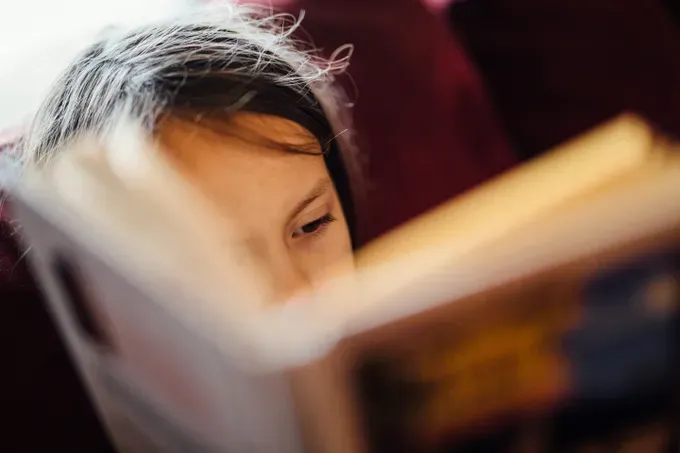
Recognizing and honouring individual learning styles is crucial for creating an inclusive, learner-centered environment. Each learner has their own strengths, preferences, and competencies, which should be recognized and nurtured. Personalized Learning Paths enable educators to identify and leverage individual learning styles, ensuring that instructional strategies are tailored to the needs of each learner.
When educators recognize and accommodate different learning styles, they can boost learner engagement, interest, and motivation. For visual learners, incorporating visual aids, diagrams, and videos can enhance comprehension and retention. Auditory learners can benefit from listening to audio recordings or engaging in group discussions. Kinesthetic learners, on the other hand, thrive when allowed to participate in hands-on activities or demonstrations.
By recognizing individual learning styles, educators can tap into each learner's unique competencies, fostering a growth mindset and personal success. Personalized Learning Paths allow for differentiated instruction, ensuring that every learner receives the support and resources they need to thrive.
Adapting Teaching Methods for Different Learners
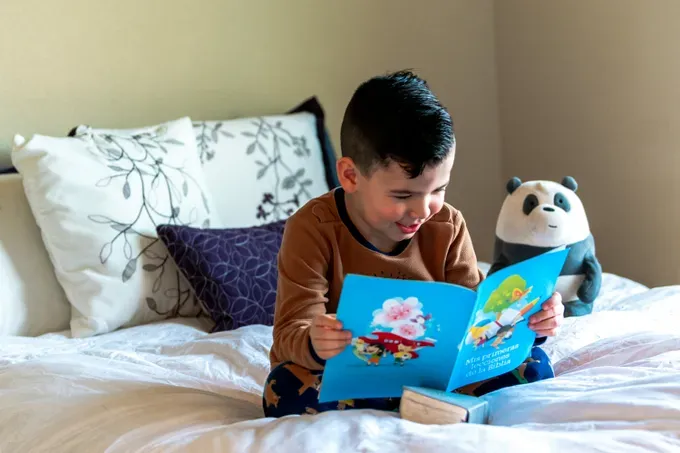
Adapting teaching methods based on the personal learning path of each learner is essential in supporting a growth mindset and personal success. When educators tailor instruction to meet the unique needs of each learner, they create a learner-centered approach that encourages active engagement, reflection, and growth.
By personalizing teaching methods, educators can create a positive learning environment where students feel valued, understood, and motivated. Personal Learning Paths empower students to take ownership of their education, set personal goals, and develop a growth mindset that embraces challenges as opportunities for personal success.
Adapting teaching methods also helps to redefine the definition of success in education. Instead of focusing solely on grades or standardized test scores, personalized learning allows for a more holistic view of success. Personal Learning Paths enable students to discover their passions, explore new ideas, and develop essential skills that will serve them well beyond the classroom. By embracing personalization, educators can nurture a generation of lifelong learners who are driven, adaptable, and prepared for personal and professional success.
Making Education a Personal Journey
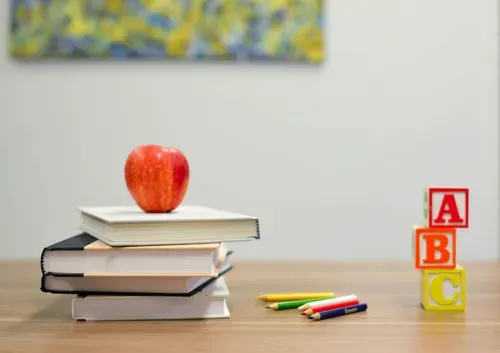
Education is not just about transferring knowledge; it is about fostering meaningful engagement and personal success. By personalizing the learning experience, educators can create an environment where students are actively involved, motivated, and inspired.
The Importance of Engagement in Learning
Engagement is a critical factor in the learning process, significantly impacting comprehension, retention, and personal success. When students are actively engaged in their learning, they are more likely to develop a growth mindset, take ownership of their education, and achieve personal success.
Engaged learners are intrinsically motivated, demonstrating a deep understanding of concepts and a willingness to explore beyond the scope of the curriculum. They see learning as a continuous journey and embrace challenges as opportunities for growth. By fostering engagement, educators can nurture a love for learning, empowering students to become successful people who are adaptable, innovative, and resilient.
The Role of Parents and Teachers in Personalization

Creating personalized learning paths requires a strong partnership between parents and teachers. The role of parents and teachers is pivotal in identifying individual learner preferences, competencies, and personal success goals, as well as providing support and guidance throughout the personalization process.
Effective communication between parents, teachers, and students is essential in creating a personalized learning environment. By regularly sharing insights, progress, and challenges, parents and teachers can work together to ensure that each learner's Personal Learning Path is meaningful, effective, and supportive of personal success.
Collaboration also allows for a better understanding of the learner's needs, strengths, and areas of growth, enabling parents and teachers to provide targeted support and resources. By fostering a growth mindset, personal success mindset, and emphasizing the importance of a Personal Learning Path, parents and teachers can empower learners to take ownership of their education, set personal goals, and work towards achieving them.
Fostering a Lifelong Love for Learning
Fostering a lifelong love for learning is essential in today's ever-changing world, where personal success is no longer determined by what you know but how you adapt and continue to grow. By personalizing learning experiences, educators can nurture curiosity, exploration, and a passion for personal growth.
Strategies to Encourage Curiosity and Exploration
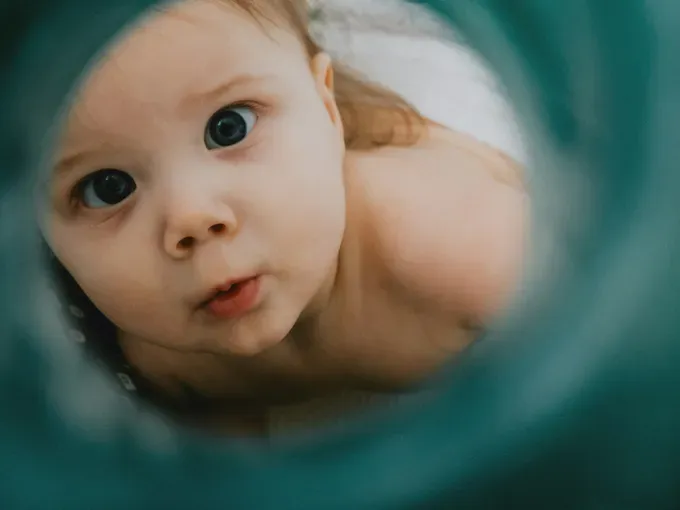
Encouraging curiosity and exploration is key to fostering a lifelong love for learning and personal success. Here are some strategies to promote curiosity and exploration in the classroom:
- Incorporate project-based learning that encourages students to explore real-world problems and find creative solutions.
- Provide opportunities for hands-on experiences, experiments, and interactive activities that allow students to engage with the subject matter in a meaningful way.
- Encourage open-ended questioning, critical thinking, and problem-solving skills, challenging students to think beyond the surface and explore new perspectives.
- Personalize assignments and projects to align with students' interests, allowing them to explore topics that they are passionate about.
- Engage students in real-world problem-solving, connecting their learning to practical applications and showcasing the relevance of their education.
- By implementing these strategies, educators can foster a growth mindset, a personal success mindset, and create a classroom environment that nurtures a lifelong love for learning, personal growth, and success.
The Role of Positive Reinforcement in Sustaining Interest and A Growth Mindset
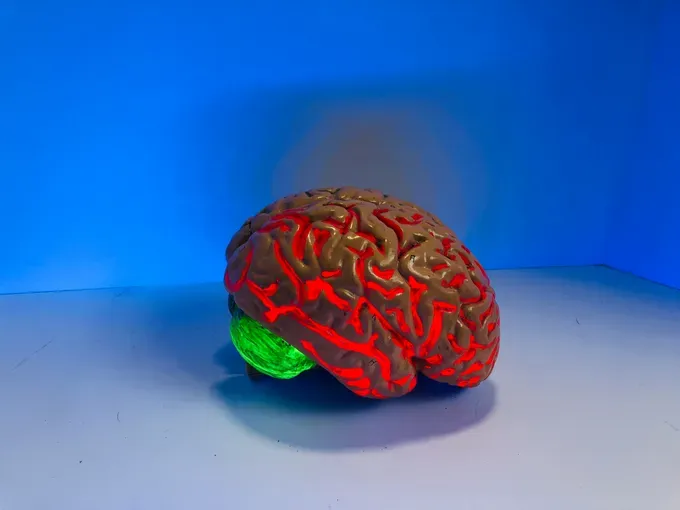
Positive reinforcement plays a vital role in sustaining interest, motivation, and personal success in the learning process. When learners receive positive reinforcement, such as praise, recognition, or rewards, they are more likely to remain engaged, enthusiastic, and committed to their Personal Learning Path.
Personalized learning incorporates positive reinforcement into the educational experience, providing learners with feedback and acknowledgment of their progress, effort, and personal success. Educators can sustain learners' interest, personal success, and passion for lifelong learning by celebrating small stepping stones, highlighting strengths, and encouraging a growth mindset.
Personal Learning Paths enable educators to provide personalized feedback, recognition, and support, addressing individual learner needs, and fostering a sense of accomplishment. By acknowledging personal success, encouraging personal growth, and celebrating personal achievements, positive reinforcement becomes an integral part of the learner's journey, helping them overcome challenges, and setbacks, and embrace continuous personal success.
Challenges in Implementing Personalized Learning Paths
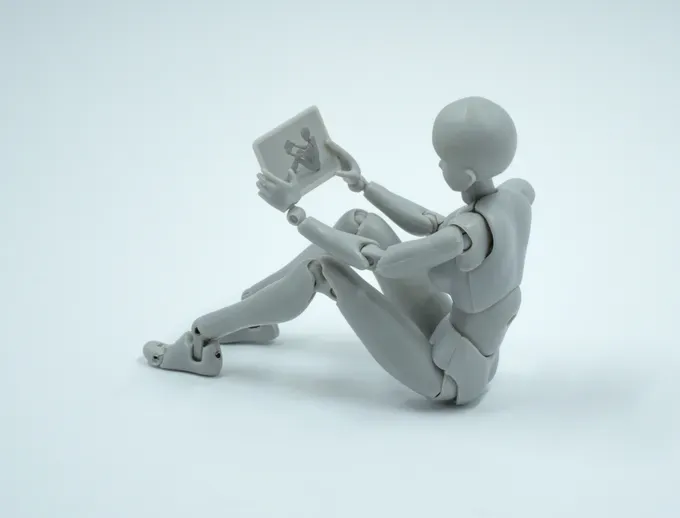
Personalized learning paths have the potential to revolutionize education, but their successful implementation requires overcoming some significant challenges. One of the primary concerns is ensuring that students receive a well-rounded education that covers all necessary subjects and skills. Another challenge is providing teachers with the support and resources they need to create customized curriculum plans for each student.
Additionally, schools must have adequate technology infrastructure and data management systems to effectively track and analyze student progress. Finally, it is important to address issues related to equity and access, as personalized learning can exacerbate existing achievement gaps if not implemented thoughtfully. By addressing these challenges head-on, personalized learning paths can offer a more engaging and effective educational experience for students of all backgrounds and abilities.
Overcoming Technological Barriers
Implementing personalized learning paths often requires leveraging technology, which can present its own set of challenges, such as access, infrastructure, and adoption. Overcoming these technological barriers is vital for ensuring the success of personalized learning. Educators, administrators, and policymakers must work together to provide adequate resources, support, and professional development opportunities to ensure that technology is seamlessly integrated into the learning process. This involves adopting a growth mindset, embracing change, and staying up to date with the latest advancements in educational technology.
Handling Resistance to Change
Resistance to change is another challenge that can impede the implementation of personalized learning paths. Change can be met with skepticism, fear, or reluctance, particularly when it disrupts established practices and routines. To overcome resistance, educators and administrators must communicate effectively and frequently about the benefits of personalized learning and the positive impact it can have on learner engagement, personal success, and professional success. Involving stakeholders in the decision-making process, providing training and support, and celebrating successes along the way can help create a culture of openness, growth, and personal success mindset.
Are Personalized Learning Paths the Future of Education?
As we look to the future of education, personalized learning paths hold great promise in transforming how we educate and prepare our children for personal success, growth mindset, and professional success. The evolution of technology, such as AI, has made it possible to tailor instruction, resources, and assessments to meet the unique needs of each learner, fostering a love for lifelong learning, personal growth, and success.
Personal Learning Paths are an innovative approach to education that allows students to chart their own way toward success, taking into account their individual strengths, challenges, and opportunities for growth. By embracing personalization, we can create a more inclusive educational ecosystem that celebrates diversity and empowers learners to take control of their own learning journey. This approach equips students with the skills, mindset, and personal success they need to thrive in a rapidly changing world.
The Personal Learning Path method shifts the focus from traditional, one-size-fits-all models of education to a more student-centered approach. This approach recognizes that each student has unique needs and learning styles that must be accommodated for them to reach their full potential. By allowing students to define their own path to success, we can foster a sense of ownership and responsibility in their learning process.
Moreover, this method helps educators identify areas where students need additional support or guidance, which can lead to more effective teaching strategies. It also enables teachers to monitor progress and provide feedback in real time, leading to better outcomes for both students and teachers.
Overall, Personal Learning Paths are a powerful tool for creating a more personalized educational experience that fosters diversity, empowerment, and success for all learners.
Conclusion
Personalized learning paths have the potential to revolutionize education by catering to the unique needs and interests of each learner. Traditional education systems often fail to accommodate the diverse learning styles and abilities of students, resulting in disengagement and limited academic success.
By leveraging the power of AI, personalized children's books can be created, providing tailored content that captures the attention and imagination of young learners. This approach not only enhances their understanding and retention of knowledge but also fosters a lifelong love for learning.
Recognizing individual learning styles and adapting teaching methods accordingly is crucial in ensuring the effectiveness of personalized learning paths. Parents and teachers play a vital role in supporting and encouraging personalized education, creating an environment that values curiosity, exploration, and positive reinforcement.
While challenges may arise in implementing personalized learning paths, such as technological barriers and resistance to change, the benefits far outweigh the obstacles. The success stories from increased engagement, improved grades, enhanced creativity, and problem-solving skills highlight the potential of personalized learning paths to shape the future of education.
Ultimately, success is not defined by standardized tests or societal expectations, but by personal growth, fulfillment, and the ability to achieve one's goals. It is important to measure success in both personal and professional life based on individual values and aspirations.
Personalized learning paths are a revolutionary method of education that can have a profound impact on learners' growth and development. By catering to individual needs, interests, and learning styles, personalized learning paths empower students to reach their full potential and foster a love for lifelong learning. This approach acknowledges the unique strengths and weaknesses of each learner, providing tailored support and resources to facilitate their academic progress. The benefits of personalized learning paths extend beyond academic achievement, as they also promote critical thinking skills, self-directed learning, and a growth mindset.
Ultimately, personalized learning paths offer a transformative approach to education that prioritizes student-centeredness and fosters a passion for knowledge and growth.
Frequently Asked Questions
What best defines success?
The concept of success is subjective and can vary greatly from person to person. It can encompass financial stability, personal fulfillment, or a combination of various accomplishments. Defining success requires introspection and the setting of achievable goals that align with one's values and aspirations.
Personalized learning paths can help individuals work towards their own unique definitions of success by providing them with the necessary skills and knowledge to achieve their goals. These paths can be tailored to one's strengths and weaknesses, allowing for a more efficient and effective learning experience. Ultimately, the journey toward success is a lifelong process that requires continuous growth and self-improvement.
What are some tips for becoming successful?
Tips for achieving success include defining your personal definition of success, setting achievable goals, and creating a plan to reach them. Additionally, developing good habits like time management and consistent effort can greatly contribute to your success. Don't hesitate to seek guidance from mentors or peers along the way.
How do you measure success in your personal and professional life?
Measuring success is a subjective matter that varies from person to person. It involves setting specific goals and tracking progress toward achieving them. Success can be determined by factors like personal growth, financial stability, and job satisfaction. Regular self-reflection and evaluation help gauge if you're on the path to success in both your personal and professional life.
What is success to you?
Defining success is a personal journey. It can mean achieving goals, living a fulfilling life, or finding happiness. Personalized learning paths help individuals navigate their own path to success by setting and adjusting goals according to their unique aspirations and values. Regular reflection is key in defining and pursuing your version of success.
Related Articles:
Beginner's Guide to Personal Learning Paths
Embracing Matrescence: A Journey of Growth and Change
Nurturing Your Child's Creativity: How AI Helps Shape Personalized Learning
Citations:
https://evolllution.com/
https://www.edutopia.org/
https://www.shepherd.edu/
https://www.hmhco.com/blog/
https://www.edutopia.org
https://www.edweek.org
https://www.teachthought.com
https://www.chronicle.com
https://www.aera.net
https://www.learningaccelerator.org
https://www.nea.org
https://www.personalizedlearning.com
https://edtechmagazine.com

Written with Augmented Intelligence and Shiner the Human




